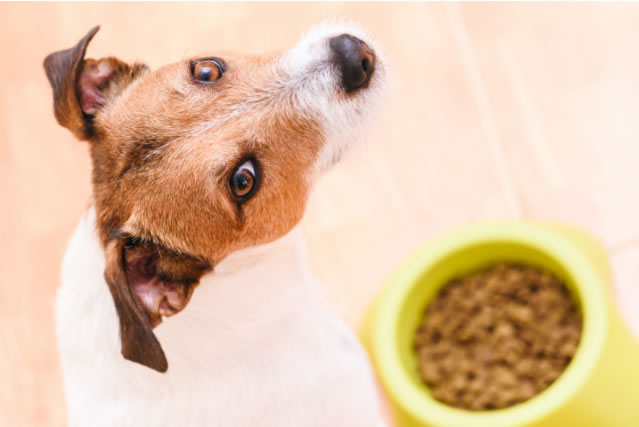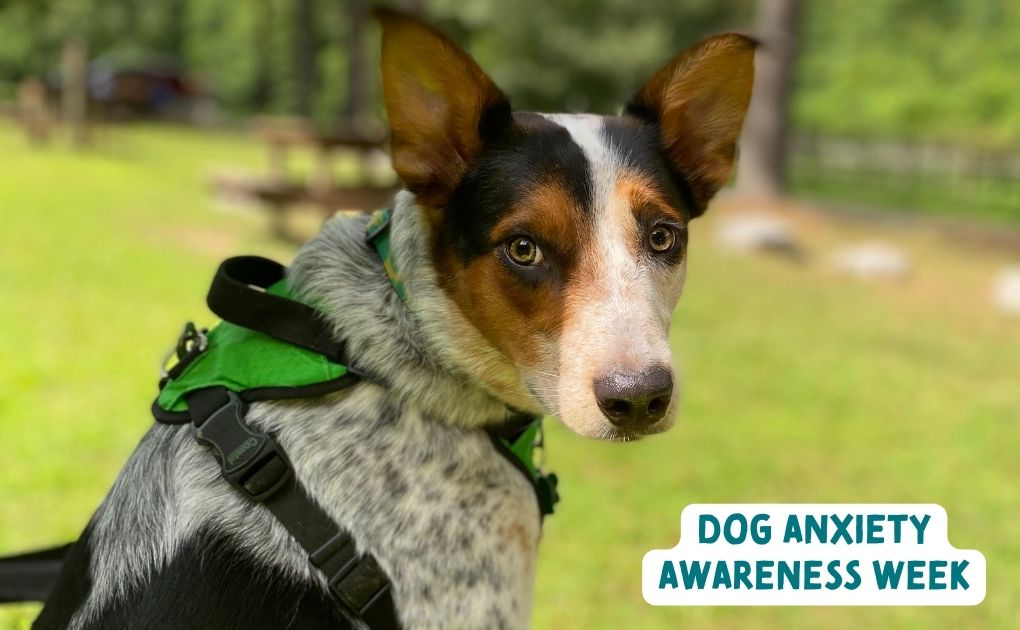Yes, dogs can be gluten intolerant or allergic too! Here we have an overview of what that is, symptoms to look out for, and how you can find out if your dog needs to adjust its diet. It is important to note that if you have any concerns about your dog and its diet, you need to consult your trusted veterinarian for a professional opinion.
What is Gluten intolerance in Dogs?
Gluten is primarily found in wheat, but it can be in other grains too like barley, rye, and oats. When a human or dog has a gluten intolerance, the proteins in gluten break the lining of the stomach and can cause other digestive problems such as inflammation of the small intestine.
What are the symptoms and signs of Gluten intolerance in Dogs?
There are some immediate signs that may occur when your dog ingests gluten, such as diarrhoea or vomiting. Other symptoms of gluten intolerance or allergy include (but not limited to):
- Flatulence
- Hair loss or frequent scratching
- Inflamed, red skin
- Ear inflammation or problems
- Sneezing, coughing, wheezing
- Seizures
If your dog is experiencing out of character or unusual behaviours/symptoms, consult your trusted vet immediately.

How do you test for Gluten intolerance in dogs?
When you are with your vet, they will ask you some routine questions and inspect your dog for any signs of intolerance (like the symptoms listed above). They may run a blood test or ask for some stool samples to eliminate other problems that may be causing their symptoms. Your vet might also have a specific gluten intolerance/allergy test they will administer.
What can I feed my dog with a Gluten intolerance?
You should always take the advice of a professional vet; however, we do have a Grain & Gluten Free can range, which comes in both a Herb Gravy and Herb Jelly. Flavours include everything from Chicken, Beef, Turkey, Duck, and Pork.
If you are considering amounts of food to feed, you can visit our Feeding Guide, or for a more detailed result, use the PFMA Calculator.








